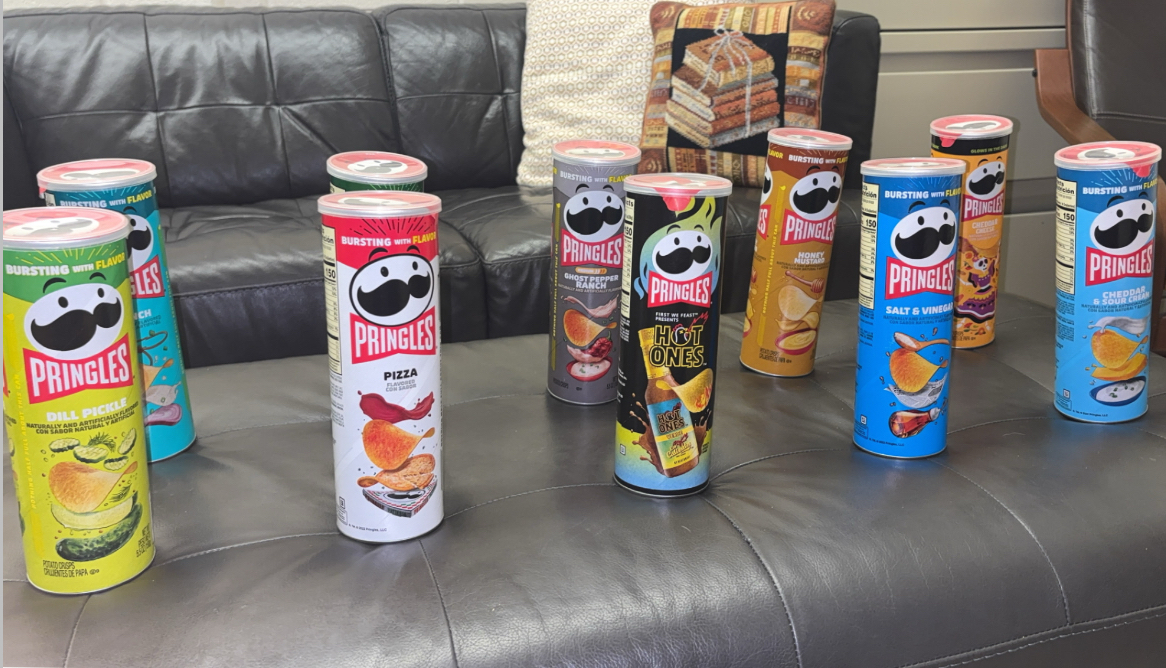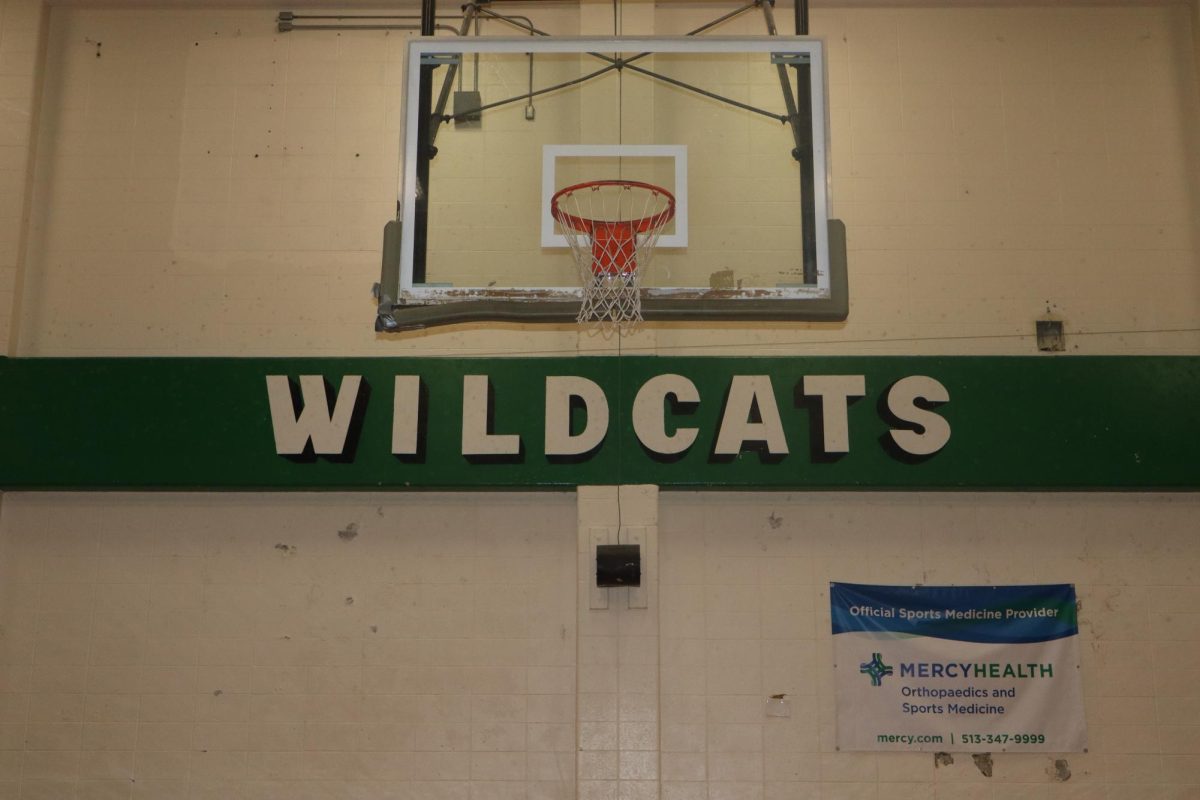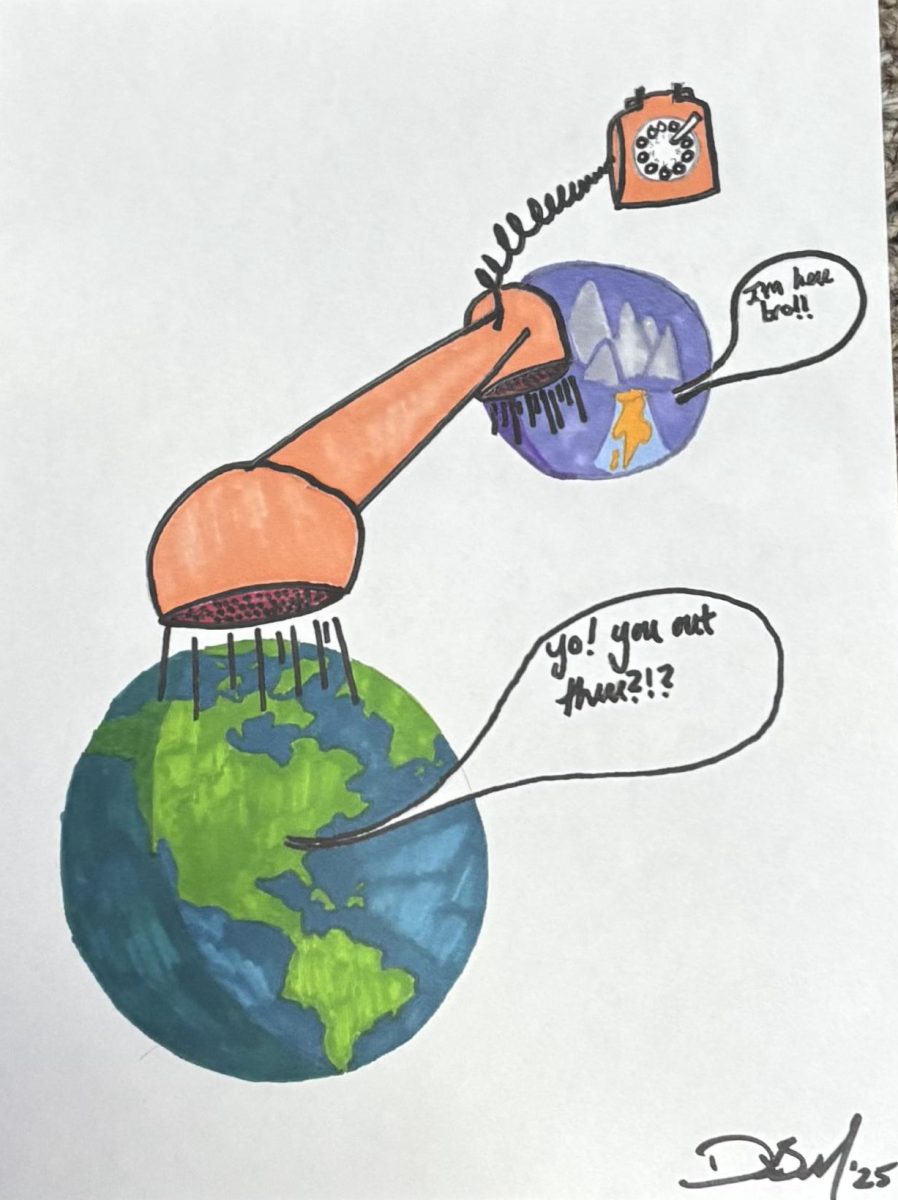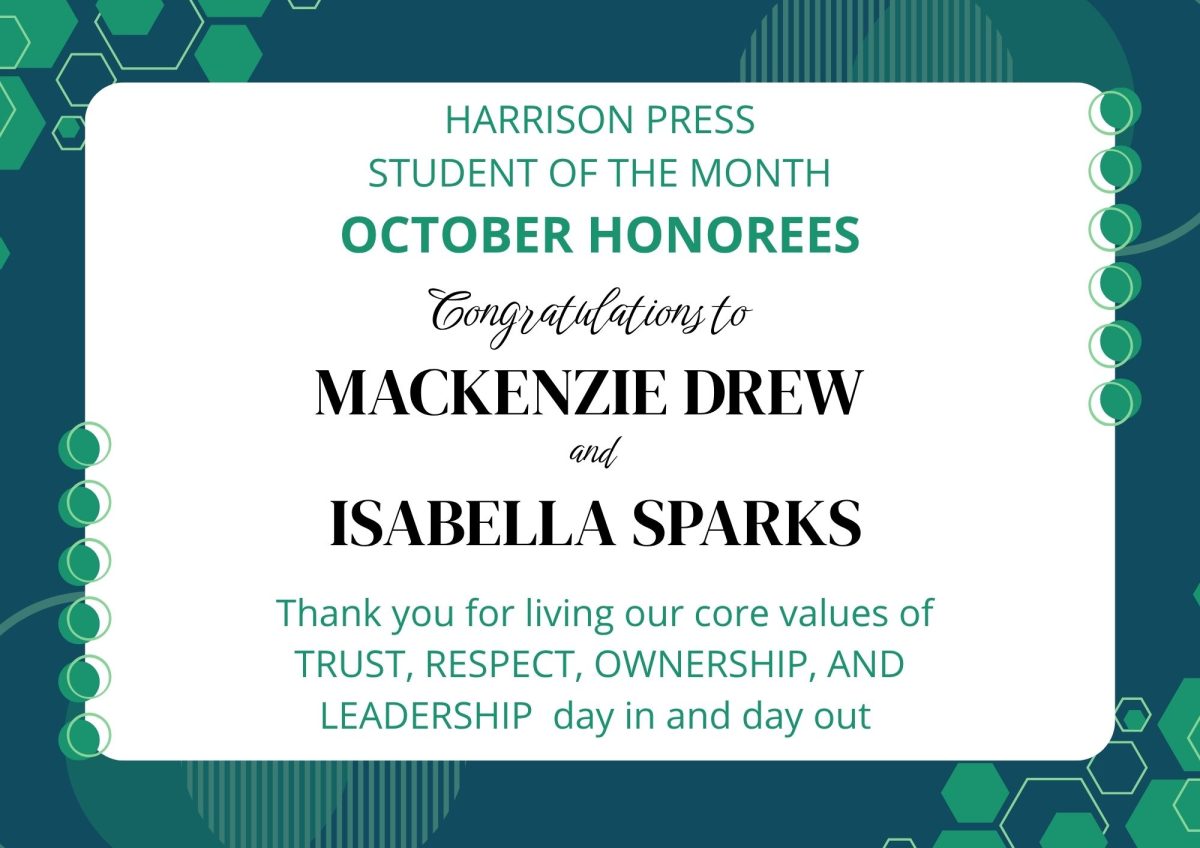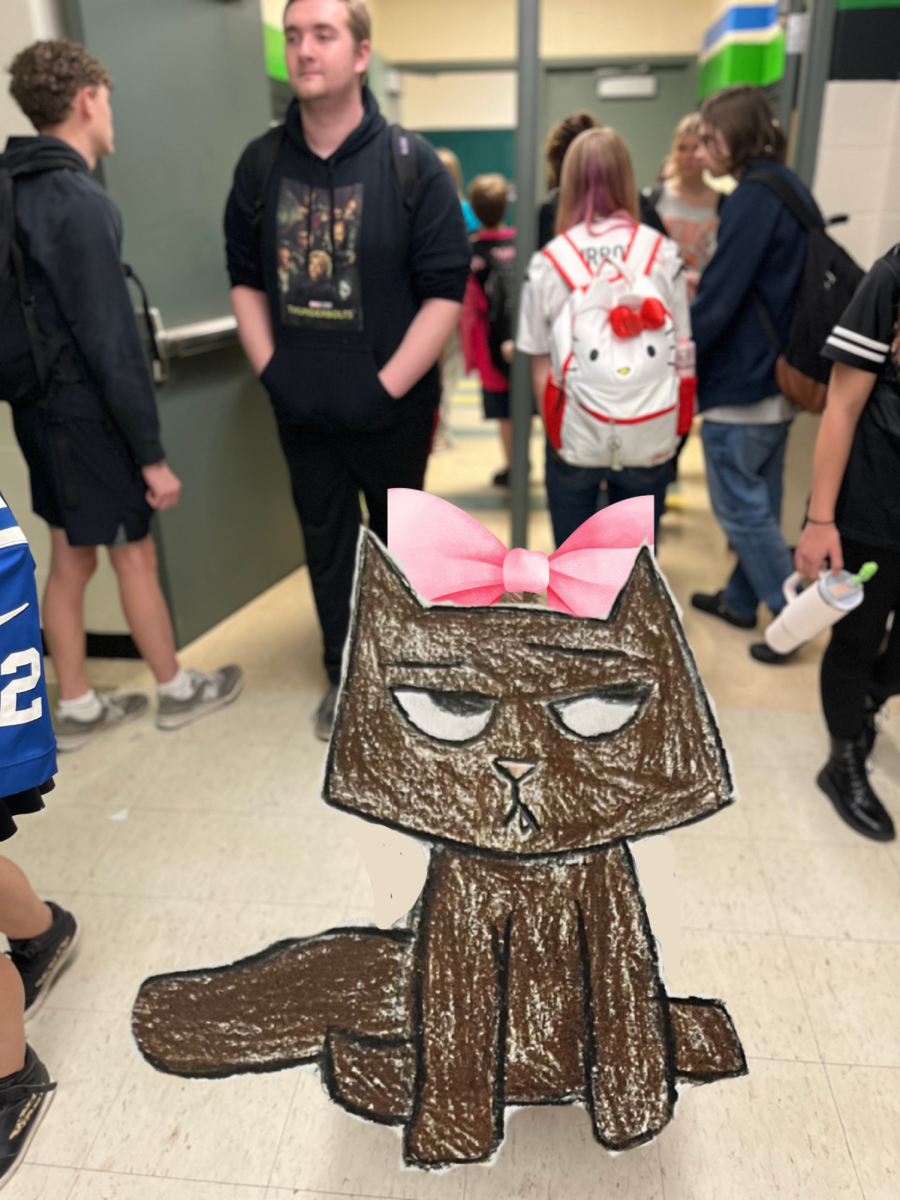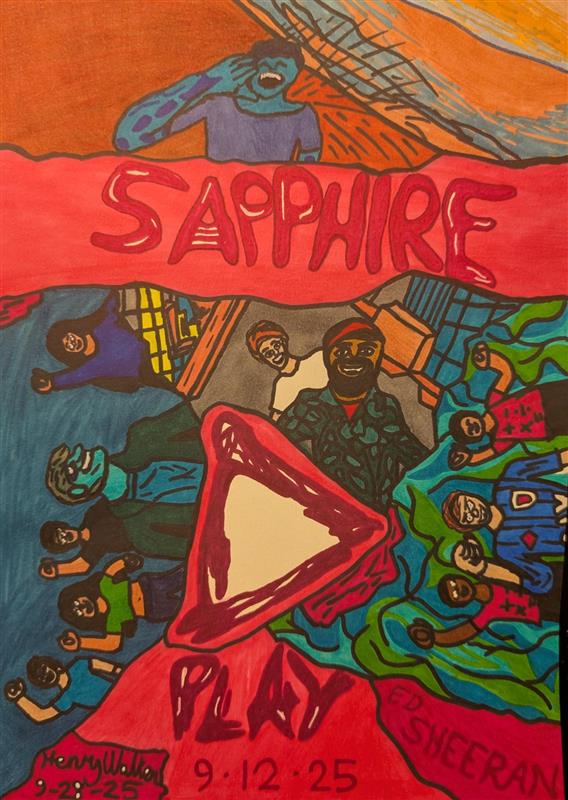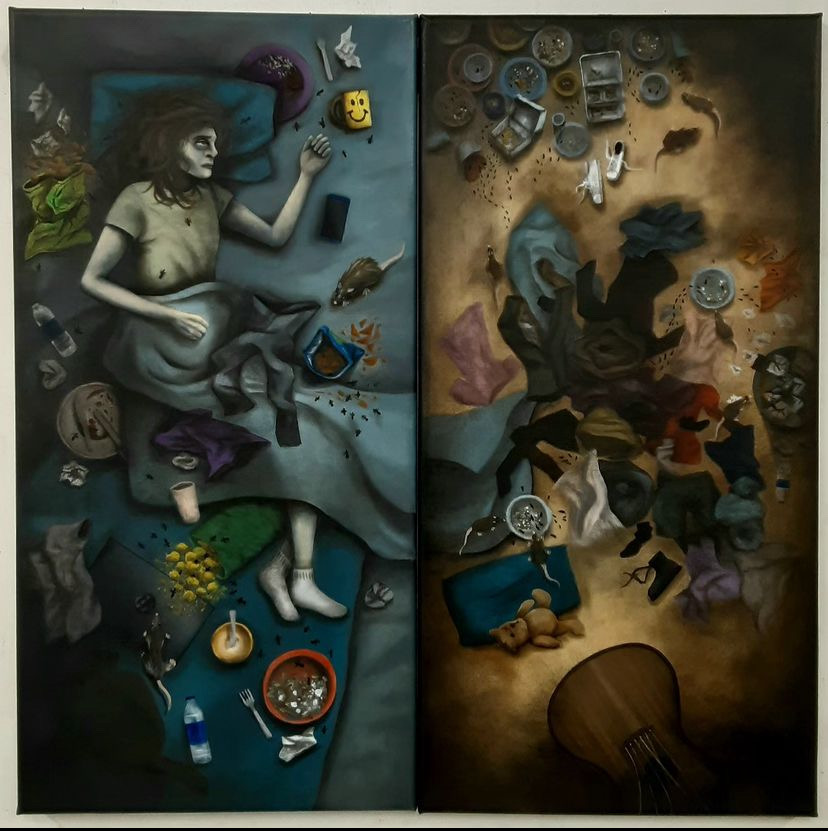Trigger Warning: Mentions about self-harm and suicide.
Seasonal Depression, also known as seasonal affective disorder, is something that close to 16 million Americans have. In fall and winter, it is caused by the reduced level of sunlight, while in summer it is caused by reduced melatonin levels. It is also caused by the changes in seasons. Symptoms start to appear in the fall when it starts getting colder and often last until spring rolls around. Symptoms can also show around spring or early summer and last until late summer to early fall. Symptoms can include feeling sad or down often, losing interest in activities you used to enjoy, having low energy and feeling sluggish, having problems with sleeping too much or too little, experiencing carbohydrate cravings, over eating, finding it hard to concentrate, feeling hopeless, worthless, or guilty, having thoughts of not wanting to live, poor appetite, weight loss, and agitation or anxiety. While these are the main symptoms, many more could also occur. Bipolar disorder, major depression, low vitamin D levels, and family history puts you at a higher risk of having seasonal depression. When struggling with seasonal depression, other complications include social withdraw, school or work problems, substance abuse, other mental health disorders such as anxiety or eating disorders, and suicidal thoughts and behaviors.
I have my own experiences with seasonal depression. Having bipolar disorder is one of the biggest issues when also having seasonal depression because it makes seasonal depression even worse. In summer my sleep schedule gets messed up and the long days mess with my mind. I also already have a bad mindset due to missing my friends at school. I try to just distract myself during the summer by hanging out with my siblings. I go to my grandparents sometimes as well. I try to go outside as much as I can and exercise so I make myself tired. I also have some body image issues during the summer. Seeing things that people are doing during the summer also tends to make me depressed because they are doing things that I would love to be doing. During the winter it is really bad. When it is winter and I go to school, I am super sluggish and have no motivation for anything. When we have winter break that is when it gets even worse because I feel especially isolated. It also makes it way harder on me because I am bipolar, which is one cause of my seasonal depression. I have no motivation and I usually do not talk to anyone and I just isolate myself. During the winter I get very emotional and sad. I fall into this depression that makes it hard for me to even get out of bed. I struggle to eat and take care of myself properly. I find myself just laying in bed doing nothing. I wont get on my phone or even watch television. My motivation during the winter is nonexistent and it affects my school work and things I do at home as well. It is sometimes super hard to control self harm urges and suicidal ideation or intention because I have other mental health disorders, if you find yourself having any of those thoughts please reach out.
I interviewed Mordecai Lutz, who said having borderline personality disorder makes it more difficult to process emotions, and that they tend to push people away despite needing them in reality. They find themselves losing interest in the things that they love to do due to no motivation and depressive episodes. One way they make themselves feel better is by spending time with friends. They have summer seasonal depression. Their thoughts on seasonal depression are “Seasonal depression is a real thing, it’s not something to just brush off as ‘eh you’ll be fine.’” Seasonal depression is oftentimes dismissed and minimized- but if you feel like you might be struggling with SD, your feelings are real- and don’t be afraid to reach out for help.
I also interviewed Gabby Chandler. She said that she has severe anxiety and bipolar disorder which does not help her seasonal depression at all. She says she often struggles with negative thoughts, such as “I’m not good enough and won’t make it in life.” She finds herself losing interest in her hobbies, video games and drawing, because it just doesn’t feel the same. She finds herself just laying in bed in the dark just listening to music. Her thoughts on seasonal depression are “It’s a very real struggle that people have, and need to be able to reach out.”
You may ask yourself “How do I know if I have it or not?” Well, it is simple. While self-diagnoses are never recommended, checking a list of symptoms and potentially seeking help from there could be beneficial. If you are experiencing mild symptoms, you can talk to a doctor about it or try other remedies, such as getting as much natural sunlight as possible. If you are having severe symptoms, reach out to a trusted friend, parent, teacher, or other loved one.
If you believe that you are suffering from seasonal depression, there are things you can do or try to help lessen negative symptoms. If you do not have access to professional help, there are potential at-home remedies. You could try light therapy, which includes getting a light that has at least 10,000 lux for about 30 minutes. This treatment helps boost vitamin D levels and can alleviate some symptoms of seasonal depression, such as excessive tiredness. While it isn’t a total cure, it can also reduce other symptoms such as a lack of energy, trouble sleeping, anxiety, or feelings of sadness, hopelessness, and irritability.
Physical activity can also help to alleviate seasonal depression. Activities like snowshoeing, skiing, snowboarding, trail hiking, sledding, and walks around your neighborhood can be a very helpful way to get your body active and to make you feel better about yourself. These activities can also be enjoyed in the company of friends or family; spending time with loved ones is another great way to boost your mood.
Swimming is another great activity to try when struggling with seasonal depression. Not only is it a great way to exercise, but if you struggle with SD in the winter, it can be a great way to recall happier, sunnier times. Also, swimming is especially adept at influencing mood by increasing the number of certain neurotransmitters in your brain, namely serotonin, noradrenalin, and dopamine.
Helping others is another great way to combat seasonal depression. This could include volunteering with a local charity, attending a Key Club event or meeting, or even just helping a neighbor shovel their driveway. Performing acts of service activate reward pathways in the brain and release chemical messengers such as serotonin or dopamine, which are responsible for feelings of happiness.
While seasonal depression is most prevalent in the winter due to environmental factors such as less natural light, SD can also strike in the summer. If you know you struggle with SD in the summertime, making a schedule or finding ways to stay busy can help. Planning sleepovers, going on a vacation, attending a barbecue, or even just going to the store and getting out of your house can reduce summer SD.
Exercising is equally effective for helping both winter and summer SD. If you find yourself struggling with the awful Ohio heat and humidity, there are still plenty of exercises you can do while staying cool. As mentioned earlier, swimming is a great option. Planet Fitness also offers free summer memberships for students!
If at home remedies don’t work, there are other options for getting help. In some cases, depression may be linked to an underlying physical health problem. So, talking with your doctor is a good first step as they can both refer you to a mental health professional and check that any symptoms of depression don’t have a physical cause. This process could include physical tests, lab tests, and or a psychological exam.
If you cannot access a doctor, still reach out to a loved one. And if you know someone that might be struggling with seasonal depression, make sure to remind them that warmer days are ahead. Something as simple as making plans with them or encouraging them to talk about their feelings can greatly help someone with seasonal depression.





